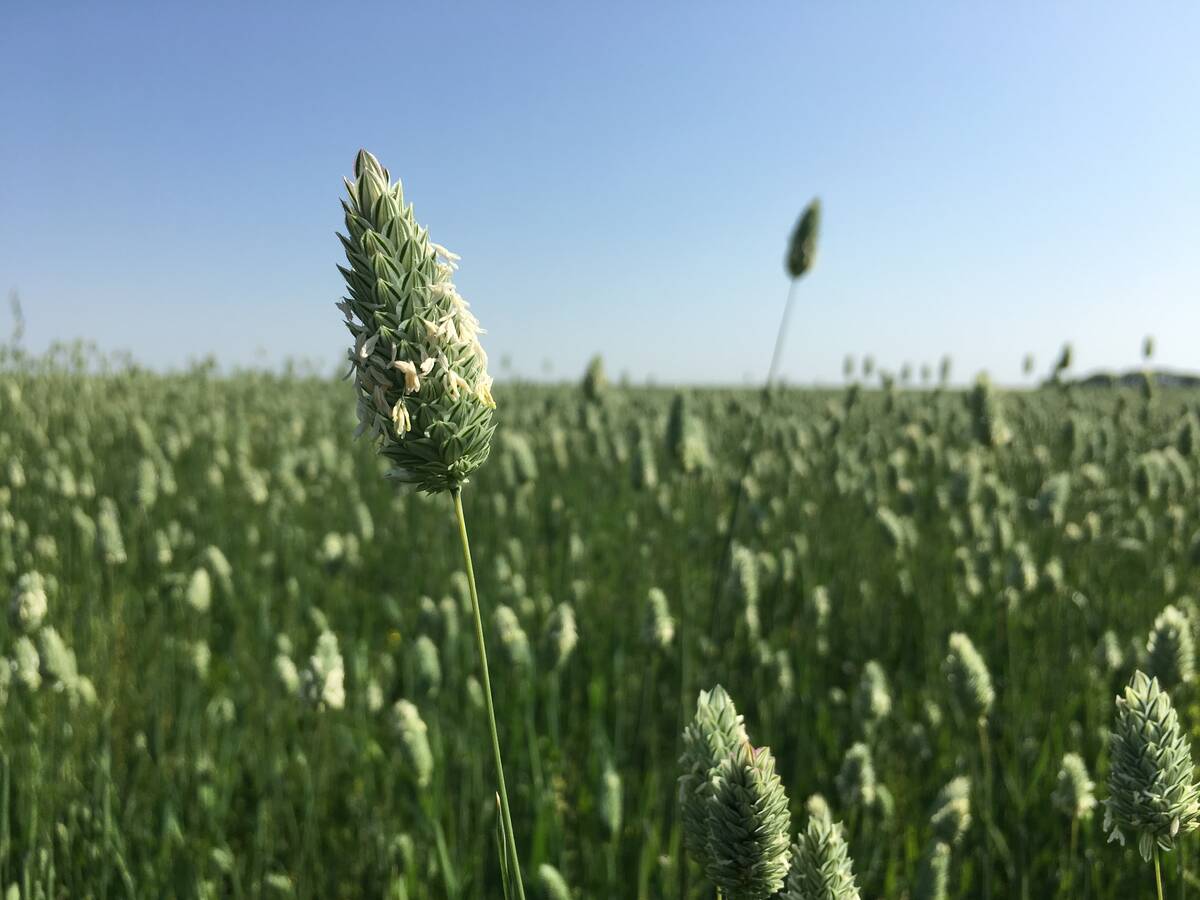“You can’t ever go back.”
That was the theme of a conversation I had with one of my daughters on the weekend. There was no specific place we were talking about, just the idea that the places that we have lived and been no longer really exist once we’ve left them, because every “place” is actually a combination of a specific location AND a specific period of time. The physical location no doubt still exists, but without the particularities of the time – indeed, without you the way you were when you were in that location – that place really no longer exists. It’s sealed in the past and in memory.
Read Also

No special crop fireworks expected
farmers should not expect fireworks in the special crops market due to ample supplies.
This theme leapt back into my mind two days later when I was reading a policy paper by Al Mussell and Douglas Hedley of Agri-Food Economic Systems. (See it here.)
“The decisions facing trade policy today are not about how we get back to a world that existed some years ago, but rather how we accommodate a fundamentally different and unstable set of pressures in growth, trade, employment, equity, and hopefully without the dominating influence of a few very powerful countries setting the environment for all other much smaller players.”
The authors were concluding their argument for Canada having to take on customized trade and diplomatic policies towards both China and the U.S., as well as champion the formation of a league of pro-rules-based-trade nations. The world in which Canada could assume most countries at most times would follow WTO trade laws and other trade deals is gone, whether or not we want to believe that.
I’m sure there are plenty of folks out there who hope a lot of things can go back to the way they used to be. I really hope the world can return to mostly how it was before COVID-19 struck. We’ve lost so much. Billions of people hope the United States can return to the way it was before Donald J. Trump took over the White House job there. Tens of millions of people are still hoping to recapture the world we had before the 2008 financial crisis destroyed many families’ finances, people’s careers and business-owners’ life’s work. And most of us would like to return to the world that existed before 9/11, when worldwide terrorism became an everyday reality.
But those places are all gone, no matter what happens. Whoever wins todays presidential election in the U.S., so much has changed within U.S. society and around the world that much of the damage wrought by Trump to U.S. society and to the security of the Western world can’t be undone. So too with the lingering damage from the financial crisis and the darkness brought in by 9/11. One major change that intimately affects farmers is the end of optimistic globalization and the rules-based international order. Nobody should be assuming that the end of Trump’s presidency will allow world trade to return to its previously globalizing self. That world of optimism, trust and decency (in trade, at least) is probably gone.
That doesn’t mean things can’t get better, and a lot better, however. It’ll just have to be in a different way. The U.S. might have become unreliable and more self-interested for the foreseeable future. Joe Biden and a Democratic congress aren’t likely to be less protectionist than Trump, although they’d probably be smarter about it. Canada’s going to need to be prepared for much of the new U.S. trade reality under Trump to continue if Biden wins. That will take a new policy approach, and that’s what Mussell and Hedley discuss in the paper.
They also talk about the need for a China-specific policy. The sharp shift away from being a friendly world power that has occurred in the past few years isn’t likely to disappear. Xi Jinping doesn’t need to run for reelection, but even if he disappears at some point, China’s shift into being a more aggressive and domineering global power isn’t likely to reverse. Its combination of nationalism and rules-free behaviour is probably here to stay, so Canada will need to develop a customized policy to deal with that too. The China we knew until about three years ago is gone forever, no matter how Canada-China relations develop from here.
But much of the world’s economy isn’t the U.S. and isn’t China. There’s a huge spread of nations across this planet, with some being “middle powers” like Canada, others being regional giants like India, and others being multitudinous markets of growing and developing populations, like many states in Africa. Some of those players will still want to play by the rules of the old “rules-based-international-order,” and Canada only has to slightly adapt its prevailing trade and diplomatic policies for them. Some of the old world can live on.
We can’t ever go back to the way things were, no doubt. That world is gone. But we can help build a new world that has some of the features of the old world, and we can build ourselves some new policies and abilities that allow us to survive and thrive in whatever world evolves out of this one that today seems so dark and fraught. The old world is gone, but a new one awaits, and we get to help build it.















